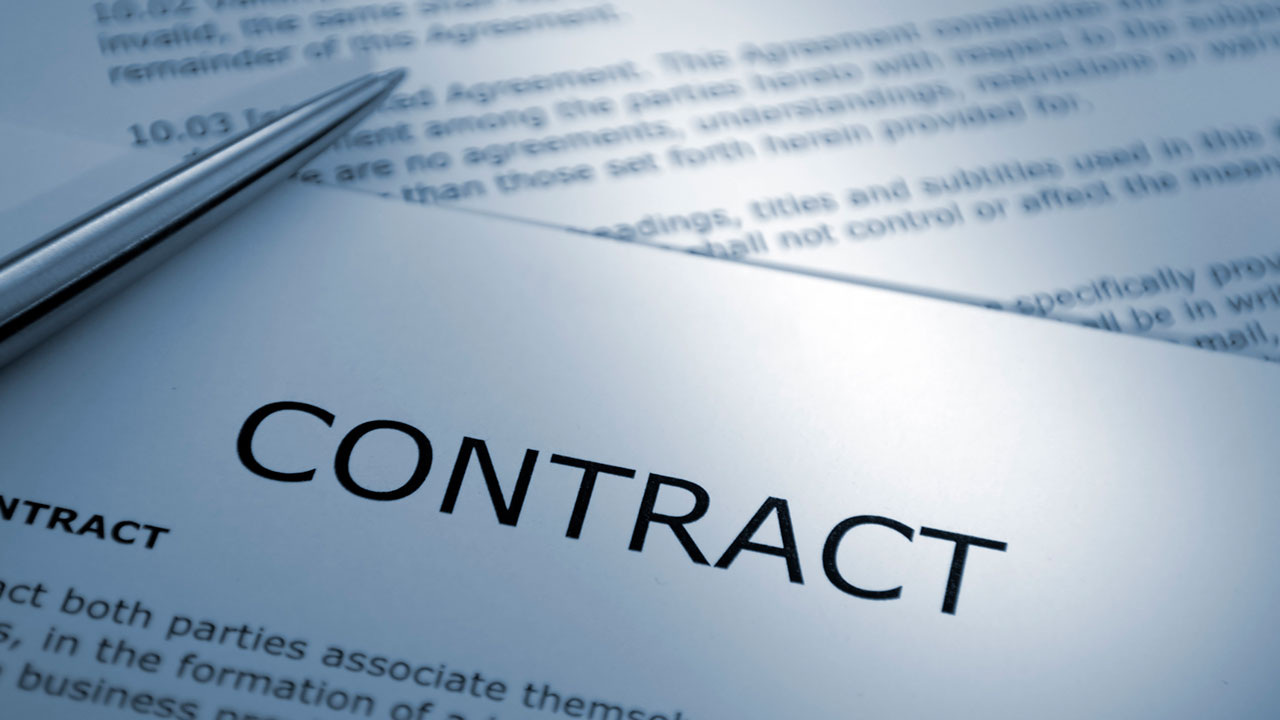What Are “Bump Clauses” and Should You Consider Putting One in Your Contract?

Real estate contracts can include any number of clauses and contingencies, and one that may not be as popular as some others is the “bump clause.”
Bump Clauses Can Benefit Both Buyers and Sellers

A bump clause is not very common, but it can be effectively used when the buyer’s offer includes a contingency to sell their current home before closing with the seller. This allows the seller to continue marketing their property for sale while still under contract with a buyer. Should the seller be able to find another buyer with a better offer, the seller can legally “bump” the original buyer.
At the same time, a bump clause can help buyers increase the odds of the seller agreeing to the contingency for the buyer to sell their current home first, as many sellers may be unwilling to entertain an offer with such a contingency. But including a bump clause gives sellers some reassurance knowing that they can effectively enter into a contract with another buyer if they’re able to find a better deal.
How Does a Bump Clause Work?

If the sellers are able to find a better offer, a bump clause gives them the opportunity to take it and bump off the original buyer. In this case, the seller must notify the original buyer and give them a specified amount of time in which to either waive the contingency to sell their current first or inform tell the seller that they’ve sold their home.
If neither one of these situations occur, the original contract will be deemed terminated. The original buyer will get their earnest deposit money back and the seller is then free to enter into a new contract with a new buyer.
Sellers are only allowed to keep their home on the market while the contingency is still in effect. Once that contingency is waived or satisfied, the seller is no longer allowed to keep marketing their property for sale.
Bump clauses are not necessarily very popular in all markets and tend to be more prevalent in markets that are starting to cool off. In hot markets, bump clauses are virtually non-existent. But in transitional markets where listings are taking a little longer to get snatched up, both buyers and sellers may find bump clauses useful.
Buyers can entice sellers to get into a contract with an otherwise unattractive home selling contingency while sellers can be put at ease knowing that they can still market their property and bump the original buyer if they find something better.
Using a Bump Clause With Caution

Bump clauses can either be included in a real estate contract by the buyer or seller, but it’s often proposed by buyers’ agents as a means of enticing the seller to accept the contingency. That said, sellers should make sure that the home that the buyers are trying to sell will be able to sell in a reasonable amount of time.
If the seller is able to get another offer, it’s crucial to make sure that the second offer is just as strong as the original, if not stronger. The second buyer should be closely looked at in terms of financial strength and ability to secure a mortgage.
If the original buyer is notified of another offer with only a short amount of time to waive the home-sale contingency, the buyer should make sure that their home will certainly be able to sell quickly before agreeing to waive the contingency. In this case, buyers should be very careful about making a quick decision and waiving the contingency, because there is always the risk of losing their earnest deposit if they’re unable to go through with the purchase.
The Bottom Line
As always, it’s important for both buyers and sellers faced with such a unique type of contract to enlist the services of an experienced real estate agent to help them navigate these particularly tricky waters. With the help of a real estate professional, a bump clause and the home-sale contingency that usually accompanies them can work in the favor of both buyers and sellers.


